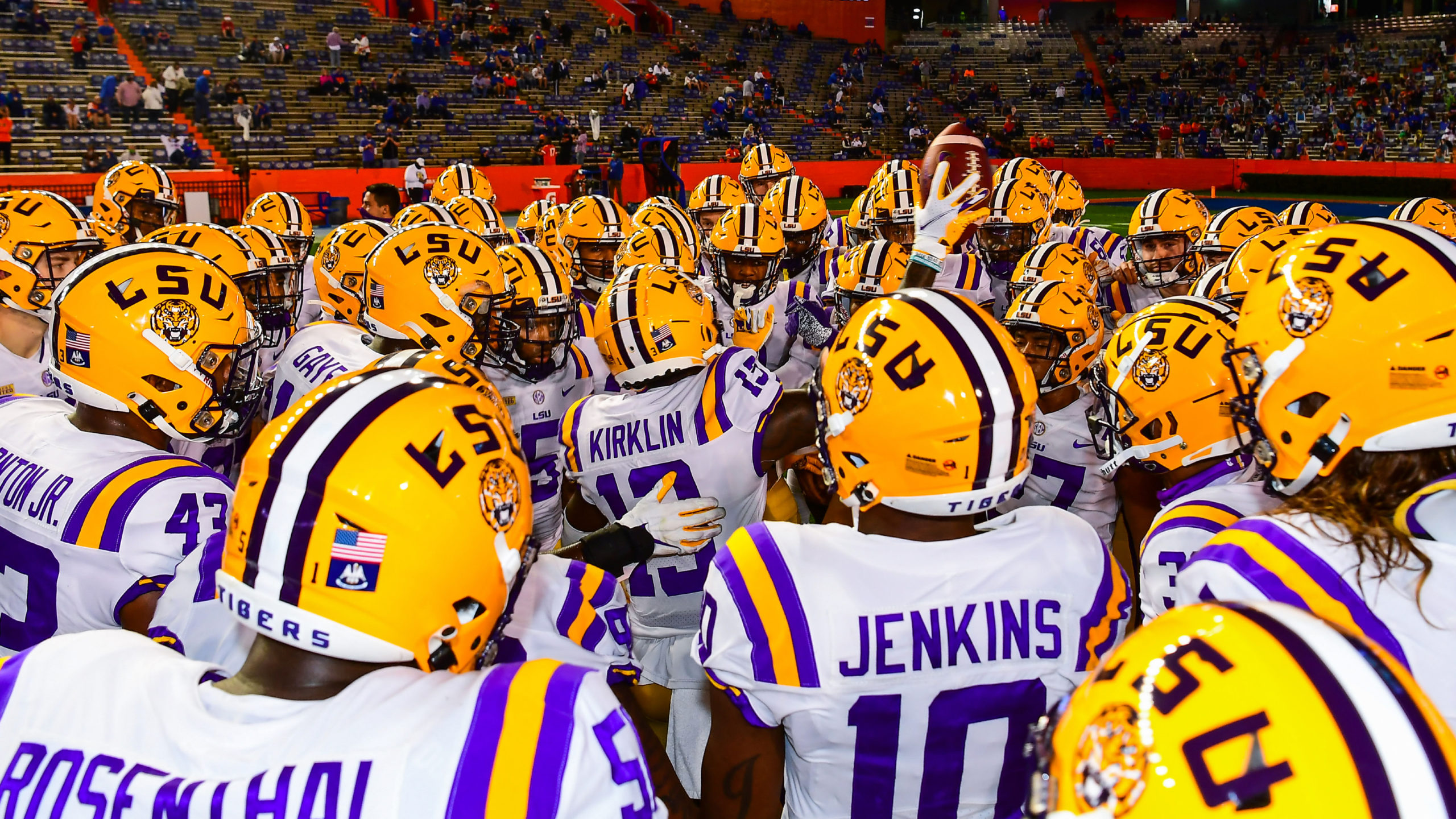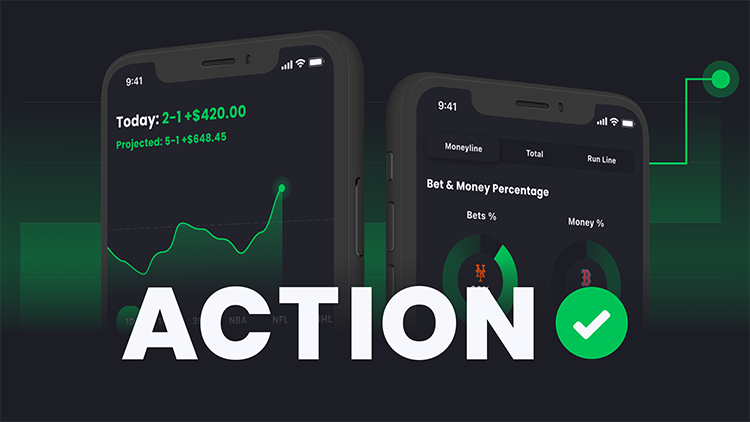
Gus Stark/Collegiate Images/Getty Images. Pictured: The LSU football team.
Louisiana daily fantasy players will be able to legally set lineups and enter contests in 2021, more than two years after voters in most parishes approved the games. The launch is welcome news for Louisiana’s long-stalled DFS launch, but could underscore the difficulties single-game sports wagering faces to do the same.
Overwhelmingly approved by voters during the 2018 elections, it still took more than 18 months for lawmakers to approve follow-up regulatory legislation — and then only as part of a special session called to deal with the COVID-19 pandemic.
It then took another six months for state regulators and lawmakers to agree on the final rules, and it could take several more weeks for the Louisiana Gaming Control Board to approve and license operators such as DraftKings and FanDuel before they can offer real money contents.
Many of the same dynamics that stalled Louisiana’s daily fantasy implementation will remain when lawmakers undertake the similar regulatory approval process for sports betting next year.
Sports Betting Could Follow DFS Path
Voters in 47 of 64 parishes, including the 10 most heavily populated, approved legal DFS games in their respective home municipalities as part of a 2018 ballot measure, clearing the way for operators to accept players in one of the few remaining states were the games were not offered.
The first state to approve these games at the county (or parish) level, the logistical challenges of a patchwork of legal and illegal options would be one of the least of Louisiana’s challenges.
Technically legalized by the 2018 ballot measure in all parishes that voted “yes,” lawmakers still had to pass follow-up taxation and regulation legislation. However, legislators couldn’t agree on key details, and an attempt to tie in DFS games with single-game sports betting legislation helped tank both proposals in 2019.
Meanwhile, a separate effort by the state’s video poker terminal backers that would have allowed DFS games at thousands of these machines further convoluted an already difficult legislative process and help kill the legislation.
The competing interest between video terminal backers, sports betting supporters and a critical block of lawmakers opposed to any new gaming form in the first place helped stall DFS legalization momentum again during the 2020 legislative session. It was only during a special session, designed to help the state combat the financial tolls of the pandemic, that DFS legislation managed to pass into law.
The legislation still needed review and sign-off from the LGCB and then one more final approval by the legislature, which didn’t come until last week. This process has only taken a few months in other DFS legalizers, including Iowa in 2019, but took almost half a year in Louisiana.
Sports Betting Future in Louisiana
Like daily fantasy, sports betting was overwhelmingly approved by most parishes, expanding legal wagering options to more than 90% of Louisiana residents. And, like daily fantasy legalization, the political obstacles for the necessary follow-up legislation remain.
Many of the same competing gaming interests — and those against gaming in the first place — will return to Baton Rouge when lawmakers begin the 2021 legislative session in April. With more at stake politically and financially, the legislative battles could also be a slog.
The 2020 ballot measure that technically approved sports betting did little but rope off where wagering would not be legal. It remains to be seen how or even if wagering will begin in the 55 parishes where it could be legal.
Online Access Among Key Decisions
Up to 90% (or more) of betting handle in mature markets such as New Jersey and Pennsylvania comes online, and supporters in the Louisiana State Legislature and the sports betting industry at large will undoubtedly push for a competitive, mobile market in every parish where wagering can be legal.
The state’s roughly two-dozen casinos, all of which are in parishes that approved the 2020 ballot measure, will almost assuredly be able to open retail sportsbooks within their facilities, but online access, as well as the number of licenses for mobile options, could be the defining decision for the state’s sports betting hopes.
Though online access would be far more lucrative for operators and government coffers, it will prove more politically difficult in a state where gambling remains taboo for many despite the industry’s proliferation in Louisiana over the past few decades.
Along with staunch gambling adversaries in the legislature as well as conservative and religious organizations against gaming pressuring them from outside the statehouse, conflict between pro-gaming interests could also delay or even derail a bill.
Lobbyists from the state’s powerful video poker terminal industry could conceivably gear up for another expansion push to accept sports bets at their machines. With thousands of these machines already spread across bars, restaurants and truck stops statewide, this too could be a political landmine.
These decisions will have to come on top of the other key criteria for any sports betting market, most notably tax rates. Lawmakers can only consider taxes during regular sessions in odd-numbered years, so a failure in 2021 could delay wagering for years to come.
All that comes on top of a looming budget shortfall exacerbated by dwindling tax revenues and rising costs due to the pandemic; sports betting could take a back seat to the myriad other major issues elected officials will have to resolve next year.
In a best-case scenario, officials pass all needed taxation and regulatory legislation sometime next summer and regulators are able to license operators by the end of 2021 or early 2022.
But the obstacles surrounding Louisiana’s two-year DFS rollout, many of which are still in place, could foreshadow a similarly arduous path and timeline for legal sports betting.
